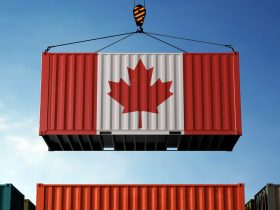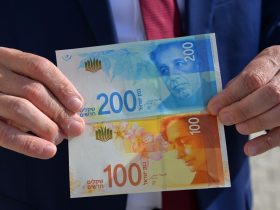FRANKFURT (Reuters) – Euro zone inflation is falling but the fight is not yet won and the high rate of underlying price growth remains worrisome, Bundesbank President Joachim Nagel said on Thursday.
The ECB has raised its deposit rate to a record high 4% from deep within negative territory in just over a year, but signalled a pause for the months ahead on tentative signs that inflation was now coming under control.
“Inflation is now falling again, but the ‘greedy beast’ has not yet been defeated,” Nagel said in a speech. “What is worrying is the continued very high core rate.”
Inflation fell sharply in September and could approach 3% by the end of the year, but will likely flatline through next year before resuming a downward trend towards the bank’s 2% target in 2025.
“The ECB must maintain a restrictive stance until we can ensure that inflation returns to our medium-term target of 2%,” Nagel said.
Markets see only a small chance of a further rate hike as economic growth has come to a standstill and expect the ECB’s next move to be a cut, with June or July seen as the likely start date for unwinding the hikes.
Nagel also pushed back on calls, including from ECB board member and future Bank of Italy Governor Fabio Panetta, for the euro zone to create a centralised fiscal capacity.
Some form of common budget would allow the ECB to fight inflation more effectively as a single monetary policy must now align with 20 different national budgets, a complex task that often leaves monetary and fiscal policy out of sync.
But Nagel said that the bloc’s 750 billion euro Next Generation EU Fund, set up to help the post-pandemic recovery and the green transition, should not be repeated.
“It was an exception that was understandable given the emergency situation at the time,” Nagel said. “But given the current level of integration, it should remain a one-off exception.”
Germany has for years resisted proposals for tighter financial integration, fearing that the German taxpayer could be forced to bear the cost of financial irresponsibility elsewhere.
Read the full article here













Leave a Reply